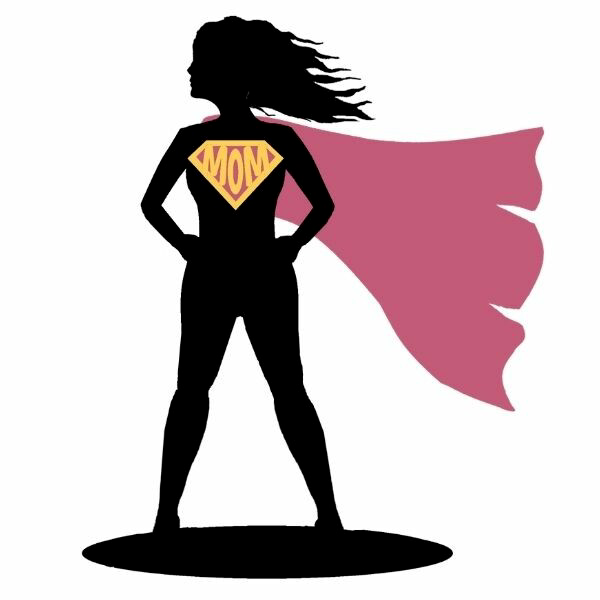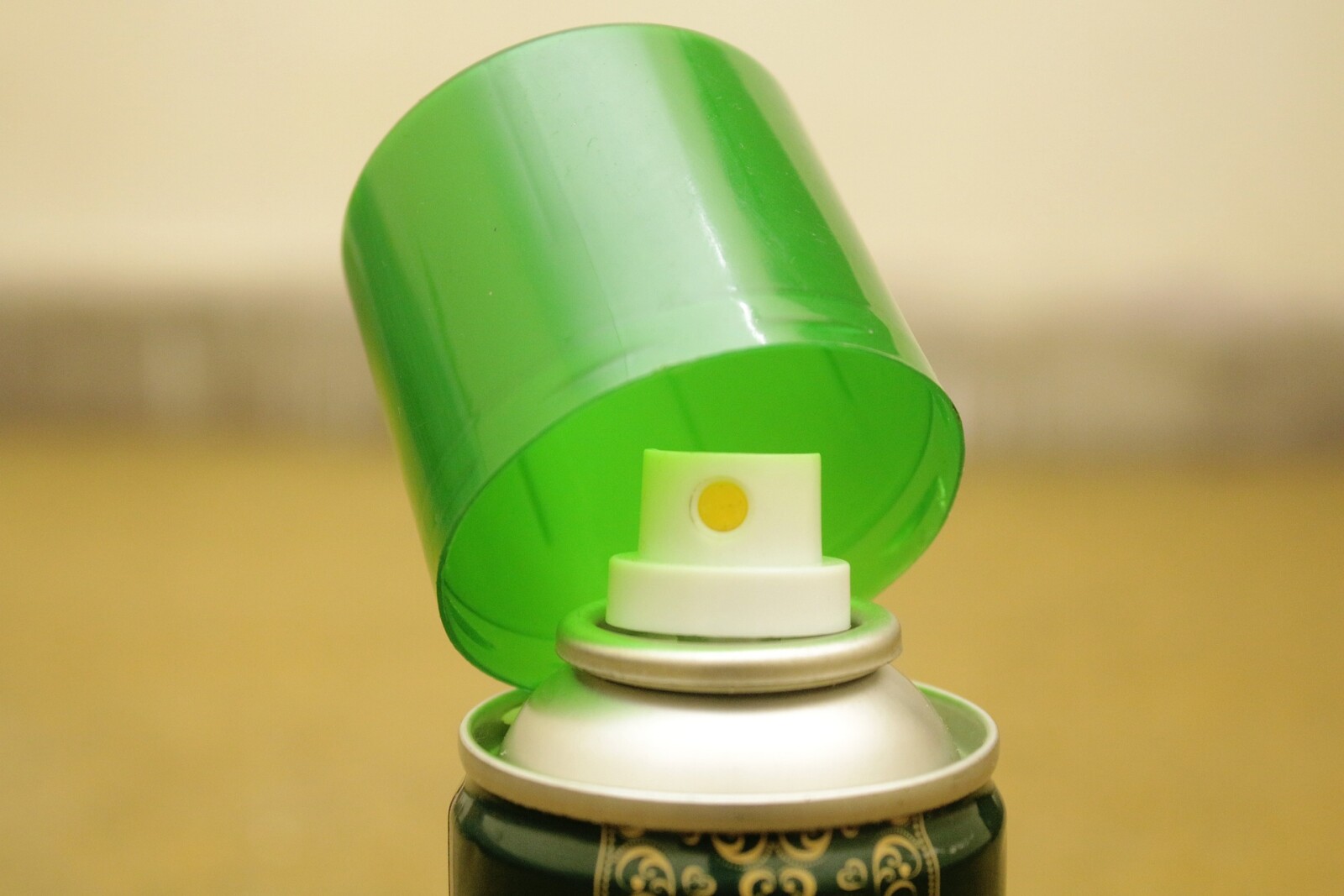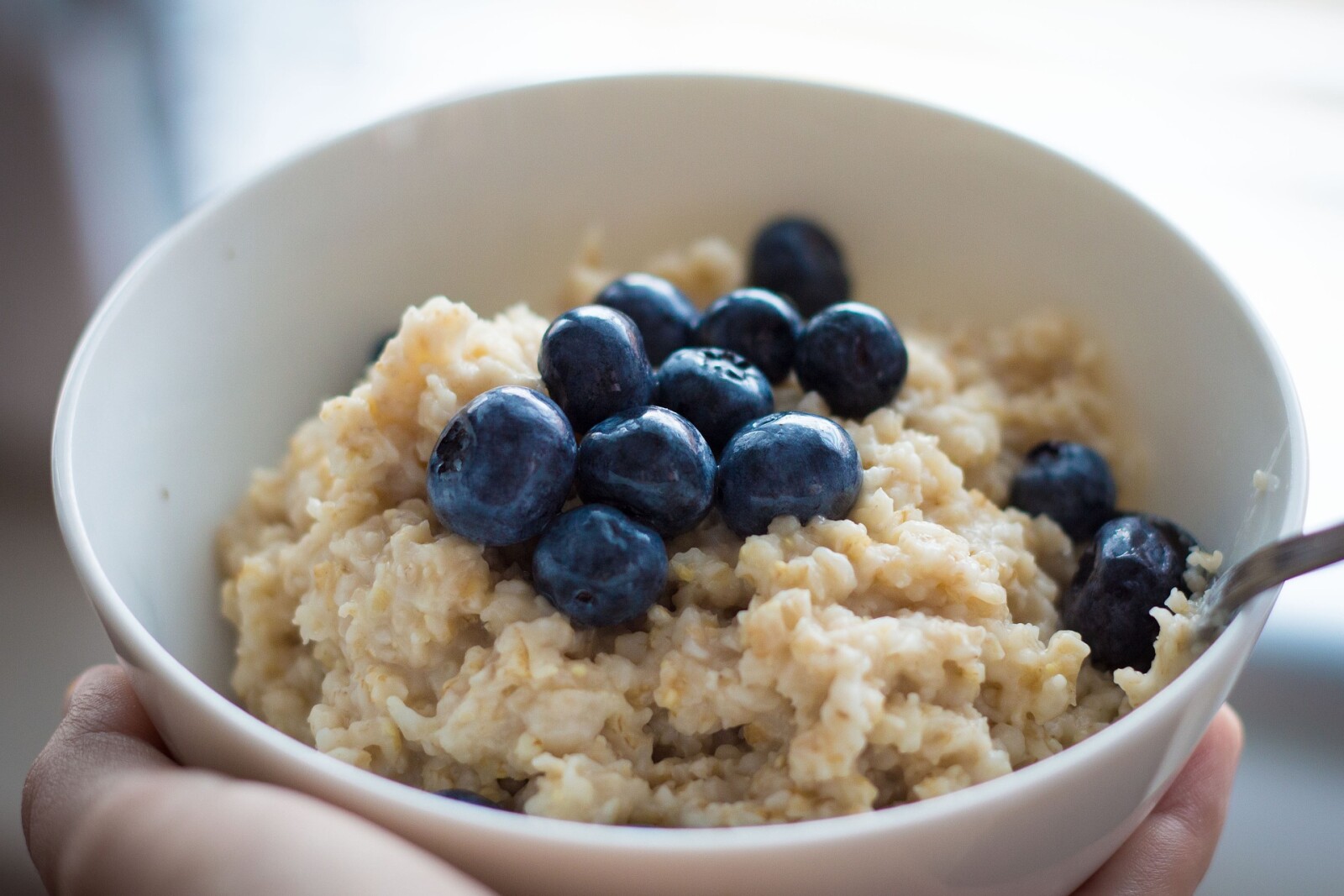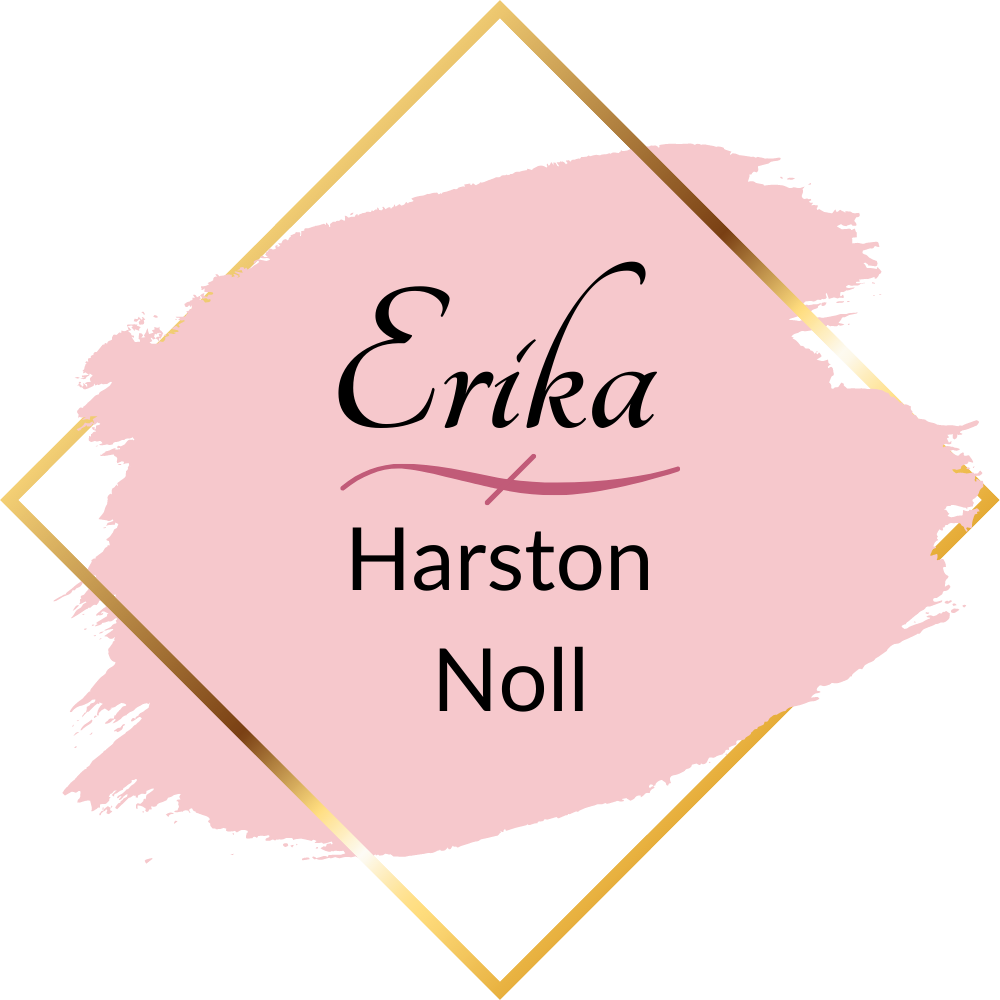
As a holistic mom, you know that self-care is an important part of living a healthy, balanced life. But what about self-advocacy? It’s an often overlooked but essential piece of the puzzle when it comes to maintaining your health. Let’s take a look at what self-advocacy means and how it can help keep you and your family healthy.
What is Self Advocacy in Health?
Self-advocacy in health involves having the knowledge and skills to make informed decisions about your own health care. This means caring for yourself at home in ways that support your health and prevent health issues. This means researching treatment options and advocating for yourself when dealing with doctors, insurance companies, or other healthcare providers. It also means knowing when to seek out additional opinions or seek out alternative treatments.
Why Is Self Advocacy Important?
Having the ability to advocate for your own health is important because it allows you to take control of your own medical care instead of relying on someone else to make decisions for you. Self-advocacy can help ensure that you get the best possible care by allowing you to make informed decisions based on all available information and resources. It also empowers you to ask questions and speak up if something doesn’t feel right or if a diagnosis doesn’t seem correct.
By advocating for yourself, you are more likely to receive better quality care that meets your individual needs rather than just agreeing with what your healthcare professional tells you without question. This can lead to better outcomes since they aren’t always 100% accurate with their diagnoses or treatments, and you know your body better than anyone else.
How Can You Do It?
The first step in self-advocating for your health is educating yourself about different treatments and diagnoses so that you can make informed decisions about which ones are best for you and your family. You should also keep track of all medical records, test results, alternative treatments, medications, etc., so that they are easily accessible if needed. Additionally, it’s important to develop relationships with trusted healthcare providers who will listen to your concerns and answer any questions that you have. Finally, don’t be afraid to speak up if something doesn’t feel right or if a diagnosis doesn’t seem correct—it could save your life!
Self-advocacy is incredibly important when it comes to managing one's health as well as your family's health; however, many people don't realize its importance until they find themselves in need of its benefits! Educating yourself on different treatments and diagnoses will enable you to make informed decisions regarding the healthcare course of action best suited for yourself or those close to you. Additionally, having strong relationships with trusted healthcare providers who listen intently will go a long way in making sure nothing slips through the cracks during diagnosis or treatment processes - potentially saving lives! Be sure not to be afraid to speak up if something does not feel right - this could prove invaluable in emergency situations! In short, self-advocacy is key when it comes to caring for one's well-being!
This is something I had to learn the hard way when a doctor broke my back. I was afraid to speak up after he had laughed at my concerns. Read more about that here.
My blogs contain some affiliate links.
Any purchase made is a blessing to my family at no extra cost to you!
Thank you for supporting us!


When I was 21, I had my first child. After having an epidural, I experienced a lot of back pain and went to a back specialist. He offered to adjust my back as he felt my hips were misaligned. He had adjusted my back a few times before, but when I told family members that I was getting my back adjusted, they warned me to be careful of being adjusted because early onset osteoporosis runs in my family. I expressed my concerns to the doctor, and he literally laughed in my face, saying it wasn't possible to have osteoporosis at my age. His tone was derisive and scornful.
Looking back now, I should have walked out of the office right then. He was so disrespectful and didn't even offer to check with an X-ray or bone density test. But hindsight is 20/20. I didn't have the confidence at that point to stand up for myself. I didn't have all the information I needed. I had a deeply held respect for authority and the belief that doctors knew best. As he wielded his "I know better than you" card, I shrank and felt so dumb for even bringing up the possibility that he dismissed so completely. I felt so embarrassed that I didn't even think to ask to be tested.
I humbly climbed up on the table. He proceeded to crack up, up, up my spine until I heard a crunch and felt pain. I yelped. As I stood up, that pain was still there. I twisted and stretched and told him it hurt, and he brushed it off, saying adjustments are sometimes uncomfortable and it would work itself out. The pain didn't go away that day, and the next morning, that one spot on my spine was throbbing. I was traveling for the weekend and sat in a car all day while the pain worsened. My trip was physically excruciating and miserable, although I tried to smile through the pain.
When I returned, I went back and demanded an X-ray. I told him the pain started when he adjusted my back before my trip and only got worse each day. Sure enough, I had a compression fracture. He and I both knew exactly what had happened. I was also diagnosed with osteopenia, the precursor to osteoporosis, which was clear from looking at the X-ray. He was wrong.
Doctors can be wrong. They are often wrong! Much of what they do is guesswork. And they hurt patients because of it! Many of them are so full of themselves that they won't listen when a patient expresses concerns. Many of them think they are infallible and don't bother looking into things further when they should. This is a huge problem!
But another problem is that patients trust too much as I did. They don't advocate for themselves or walk out when they should. Patients don't do their own research and aren't armed with the knowledge that builds confidence to stand up for themselves. This can be corrected! This is one of the biggest reasons I created this website. I am arming moms with knowledge and confidence to advocate for their own health, both at home and at the doctor's office.
Read how I got through this time with an infant and a broken back here.
My blogs contain some affiliate links.
Any purchase made is a blessing to my family at no extra cost to you!
Thank you for supporting us!


Think of your home as a haven, a place of refuge and respite from the hustle and bustle of the world. But, if you’re like many people, you’re using air fresheners to mask bad odors – whether they be pet odors or just general household smells. Unfortunately, air fresheners are not doing us any favors when it comes to our health. Let's take a closer look at why air fresheners can be so detrimental to our bodies.
Common Types of Air Fresheners
Candles, plug-ins, and spray air fresheners are the most common types of air fresheners used in homes. Candles are made with wax that contains toxic substances such as lead and paraffin. Plug-ins use electricity to power an aerosol canister, which releases chemicals into the air. And spray air fresheners contain volatile organic compounds (VOCs) that can cause endocrine damage and lung damage.
The Dangers of Air Freshener Chemicals
The chemicals released by these types of air fresheners can have serious long-term effects on our health. One type of VOCs found in some popular brands is phthalates, which has been linked to neurological damage, endocrine disruption, cancer, reproductive issues, lung issues, and more. In addition, these chemicals cause air pollution, lingering in the air for hours after they’re sprayed and can build up over time leading to chronic exposure which can be even more dangerous than short-term exposure.
Alternatives to Chemical Air Fresheners
Fortunately there are some alternatives to chemical air fresheners that won't put your family's health at risk. For instance, natural scented candles made with soy or beeswax are safer options because they don't contain toxic pollutants like regular candles do, but use caution with these, some are still hiding chemicals. I prefer not to use any myself. Essential oils diffusers are the best way (in my opinion) to add pleasant aromas without releasing dangerous chemicals into the home environment. Another option is baking soda; simply sprinkle it around your home or add it directly into your vacuum cleaner bag for an extra boost against pet odors or other strong smells!
If you're looking for an easy way to make your home smell better without jeopardizing your family’s health then try one of these alternatives instead of chemical based products! From natural scented candles made with soy or beeswax to essential oil diffusers or baking soda – there are plenty of options available that will help create a healthy home environment while still providing pleasant aromas! With these simple steps you can keep your family safe while still enjoying their favorite scents in the comfort of their own home!
My blogs contain some affiliate links.
Any purchase made is a blessing to my family at no extra cost to you!
Thank you for supporting us!


Inflammation is a natural response to injury or illness, but it can also signal more serious health issues. It’s crucial for holistic moms to recognize the five key signs of inflammation to maintain their families' well-being. Understanding these symptoms allows for timely intervention and proper care.
...
By identifying these signs, holistic moms can take action to ensure prompt and effective care, helping prevent prolonged inflammation and its complications.
Read more...
As parents, we strive to give our kids the best tools possible for success. However, sometimes they struggle with their focus in school or their brains can’t seem to get on track. It’s easy to blame the teacher if you send your kids to public school, but we must look at our own actions first. Are you providing your child with the right foods that will help them stay focused throughout the day? Food is medicine for your body, and breakfast is essential to set up a good learning environment. Read below for some tips on how to get your kids focused with holistic brain-friendly foods.
Start With Breakfast
Getting your kids off to a great start begins with breakfast that fuels their minds, not distracts it. Sugary cereals, breads, and processed snacks should be avoided because they lead to an energy boost followed by a crash which can affect concentration levels when learning during the day. Instead of giving them these types of processed cereals for breakfast, feed them whole grains such as oats, millet, or quinoa and add in some nuts and fruits for extra nutrients. Also adding in healthy fats like almond butter can help provide lasting energy throughout the morning hours.
Incorporate Brain-Boosting Superfoods
Certain superfoods are known for their ability to improve brain health and functioning in children. Incorporating these into their diets can really help increase focus and concentration levels while also boosting memory recall and cognitive skills. Some examples include blueberries, salmon, chia or flax seeds, pumpkin seeds, quinoa, walnuts and dark leafy greens like spinach or kale. These are all packed with vitamins and minerals that promote brain health while also providing long-lasting energy without any sugar crashes or spikes which can disrupt concentration levels throughout the day.
Find Healthy Alternatives To Snacks & Drinks
Snack time is inevitable but it doesn't have to be unhealthy! Swap out sugary drinks like soda or juice for water or herbal tea. Instead of candy bars opt for slightly sweetened granola bars or trail mix containing dried fruit pieces and nuts such as almonds or walnuts - both great sources of Omega 3 fatty acids which are essential for optimizing brain functioning in children. If you find your kids reaching for chips try substituting vegetable sticks like carrots, peppers, or celery served with hummus instead - this provides great nutrients AND flavor! And if all else fails chocolate covered nuts are always a great option too!
Feeding your children brain-friendly foods helps make sure they get off on the right foot each morning at school and is key in helping them stay focused throughout the day despite whatever distractions may occur around them! Start incorporating these holistic approaches into meal planning today so you can rest assured that when it's time to learn they have everything they need inside of themselves (and what's on their plate)to achieve success!
Have picky eaters? Grab this guide: 7 Strategies to Help Picky Eaters Eat!
My blogs contain some affiliate links.
Any purchase made is a blessing to my family at no extra cost to you!
Thank you for supporting us!



